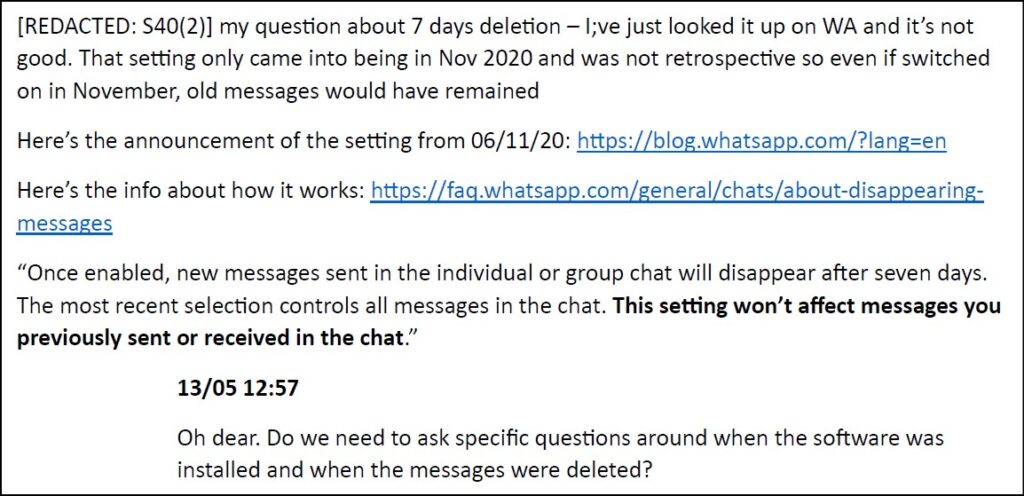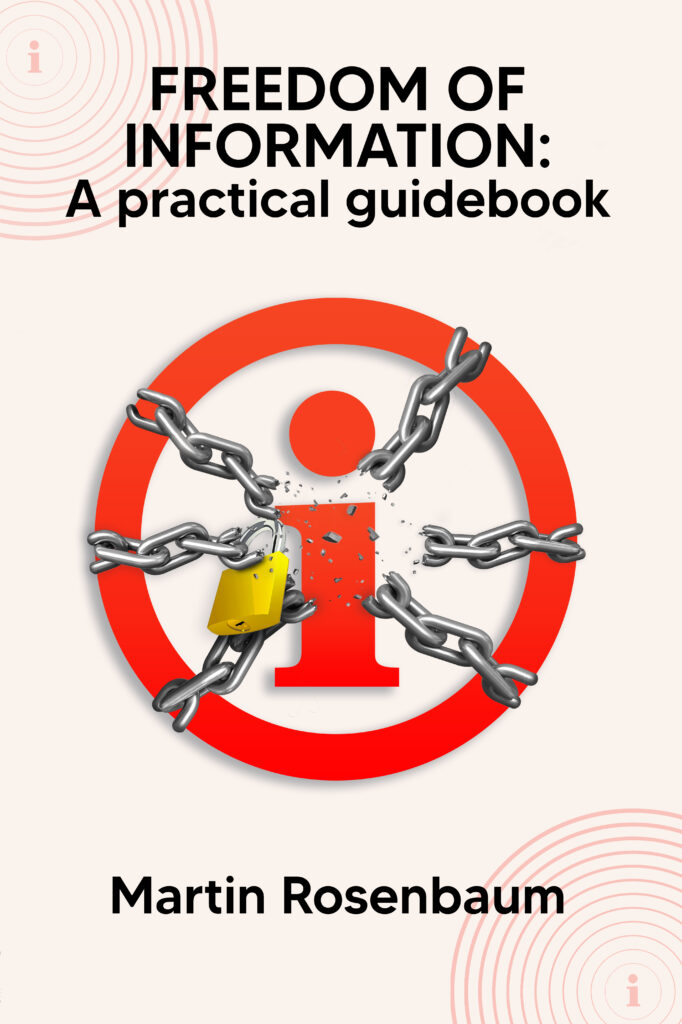The art not seen
Suppose you are the lucky owner of a very valuable object which is ‘pre-eminent’ for its historic or artistic interest.
When you die, that might result in a substantial inheritance tax payment. Except that this can be completely avoided, if HMRC agrees that the item constitutes a national heritage asset, and the inheritor is willing to let the British public come and look at it.
And if you are not already the owner of such an artefact, but you can afford it, you could buy one – as a handy method of reducing the tax liability of your estate. Naturally there are legal and financial advisors who will help you do this.
The objects exempted from tax under this law range from a Rembrandt self-portrait to a ‘pair of Chelsea Derby candlestick figures, each of a scantily draped winged cupid kneeling with arm around a floral encrusted bough, rococo scroll base with gilt enrichment, 6 3/4in. high (both with sconces missing, some damages)’.
A full list is published by the government, in a database currently containing over 36,000 entries. Some are on public display – HMRC has told me that about 8,000 are on loan to museums or galleries. But for the others, which is the large majority, how often does anybody actually make use of their legal right to go and see them?
No overall statistics are available to answer this question. However, according to information I have just obtained from HMRC under FOI, there were just 5,521 searches of the database in the last financial year (2023/24).
Obviously the number of actual visits will doubtless be much fewer than the number of database searches, many of which will not lead to any further action. Even though it is possible visitors might see more than one item at a time, it seems very likely indeed that most of these ‘national assets’ – saved for the nation at public expense – are never appreciated by any member of the general public, and certainly not by significant numbers of them.
You can find out what is available, and when and how it can be viewed, by searching the database. In many cases public access must be allowed without a prior appointment for at least a few days each year. Outside these open days, an appointment may be required.
That’s the theory. The practice might be somewhat trickier. As the tax consultancy Ross Martin states: “It seems that few people try and see some of the objects. On a practical level, it is very difficult to gain access to some of the assets. Access in most cases is handled by private client law firms and the links given to open days can be uninformative. Be prepared to be ruthlessly persistent if you wish to see an object or a collection.”
HMRC also informed me that ‘we do from time to time get contacted by members of the public directly to make us aware of any access issues that they have experienced’. But it does not have a central record of receiving any formal complaints about this.
In the 1990s the campaigning comedian Mark Thomas organised coachloads of visitors to attempt to see various artworks involved for a television programme. The law has since been changed, and access should have become easier.
HMRC estimates that this inheritance tax exemption/loophole (according to your personal preference), together with a similar rule for land and buildings, reduces government tax receipts by about £60 million annually.





